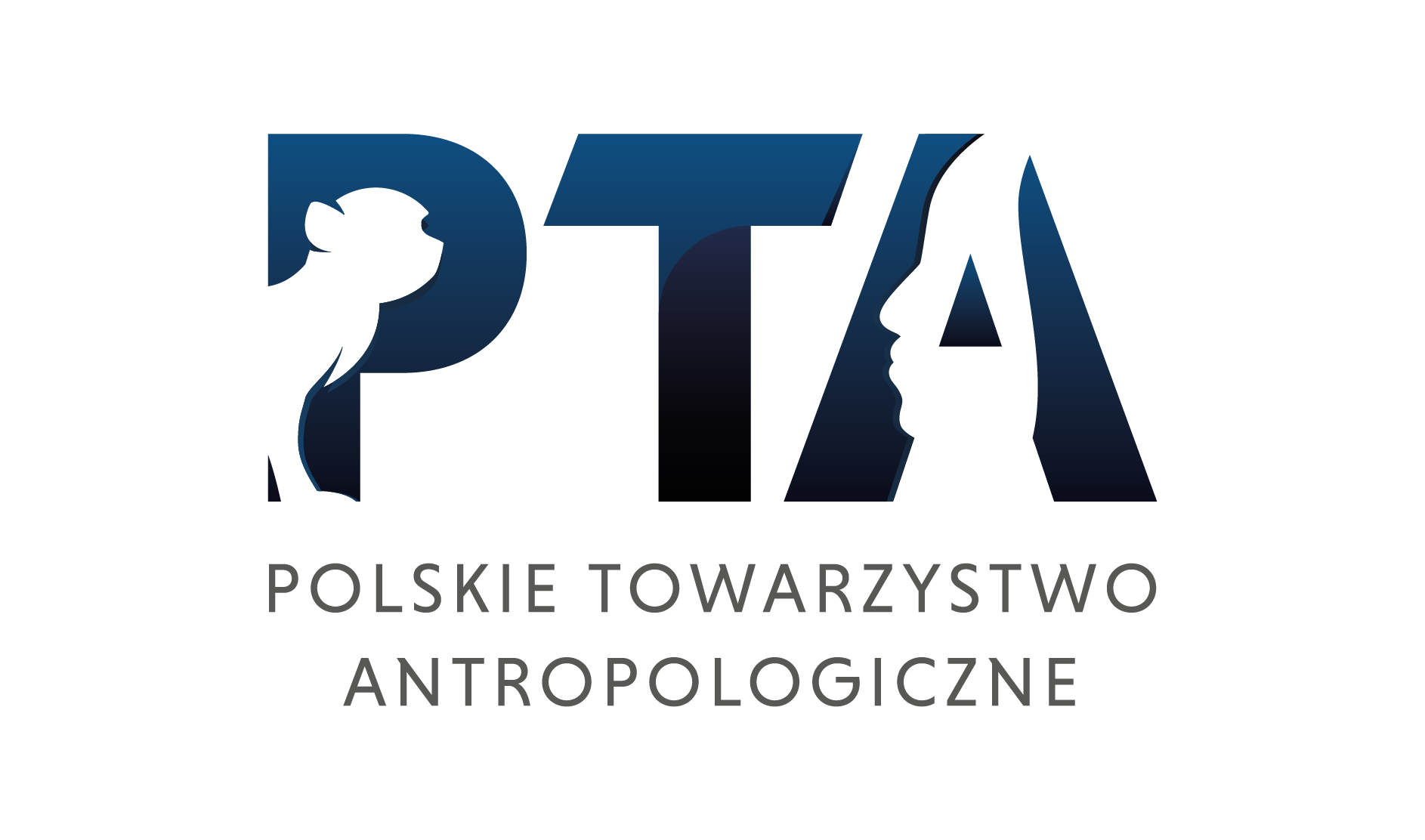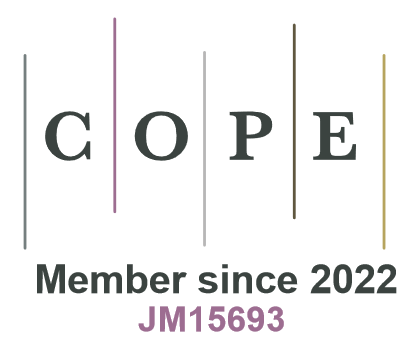Effects of massively multiplayer online roleplaying games on psychological health and inter-personal relationships of the male youth: A cross-sectional study in sub-urban Kolkata, West Bengal, India
DOI:
https://doi.org/10.2478/anre-2021-0010Keywords:
Gaming addiction, problematic gaming experience, psychological health, social relationship, adolescents, IndiaAbstract
Gaming related experiences and addictive behaviours are emerging causes of adverse psycho-social health such as depression, anxiety, in adolescents and young adults around the world. Nonetheless, there remains a dearth of information relating to adolescents and young adults in India, a country which has millions of gamers.
Present study examined the effects of massively multiplayer online role-playing games on the psychological health and inter-personal relationships of adolescents and young male adults of sub-urban Kolkata, West Bengal, India.
Questionnaires were used to collect data on socio-economic and lifestyle traits, psychological health and inter-personal relationships were obtained from both gamers (n = 150) and non-gamers (n = 150). Data on gaming experiences and addiction were obtained only from gamers. MANCOVA and linear regression were performed to understand the effects of socio-economic and lifestyle traits, gaming experience and addiction traits on psychological health and inter-personal relationships of gamers.
Study findings revealed that both gamers and non-gamers derived from a similar age group (mean age = 19.94 years) and socio-economic cluster. Disparities in psychological health in terms of depression, anxiety and stress and inter-personal relationship in terms of parent and peer attachments were present across social groups and between gamers and non-gamers. Various problematic gaming experiences and gaming related addictive behaviours resulted in poor psychological health and inter-personal relationship with parents and peers.
Male gamers were at high risk to develop adverse psychological health and poor inter-personal relationships with parents and peers due to problematic gaming experience and gaming addiction. Proper education and counselling regarding the beneficial and detrimental sides of gaming may ensure better psycho-social health of adolescents and young adults in India.
Downloads
References
Achab S., Nicolier M., Mauny F., Monnin J., Trojak B., Vandel P., Sechter D., Gorwood P., Haffen E. 2011. Massively multiplayer online role-playing games: comparing characteristics of addict vs non-addict online recruited gamers in a French adult population. BMC Psychiatry 11(1):144.
View in Google Scholar
Akhter N. 2013. Relationship between Internet Addiction and Academic Performance among University Undergraduates. Educ Res Rev 8(19):1793–6.
View in Google Scholar
Armsden GC., Greenberg MT. 1989. Inventory of parent and peer attachment (IPPA). Seattle: University of Washington.
View in Google Scholar
Bargeron AH., Hormes JM. 2017. Psychosocial correlates of internet gaming disorder: Psychopathology, life satisfaction, and impulsivity. Comput Hum Behav 68:388–94.
View in Google Scholar
Bernardi S, Pallanti S. 2009. Internet addiction: a descriptive clinical study focusing on comorbidities and dissociative symptoms. Compr Psychiatry 50(6):510–6.
View in Google Scholar
Braun B, Stopfer JM, Müller KW, Beutel ME, Egloff B. 2016. Personality and video gaming: Comparing regular gamers, non-gamers, and gaming addicts and differentiating between game genres. Comput Hum Behav 55:406–12.
View in Google Scholar
Brunborg GS., Mentzoni RA., Frøyland LR. 2014. Is video gaming, or video game addiction, associated with depression, academic achievement, heavy episodic drinking, or conduct problems? J Behav Addict, 3(1):27–32.
View in Google Scholar
Bruni O, Sette S, Fontanesi L, Baiocco R, Laghi F, Baumgartner E. 2015. Technology use and sleep quality in preadolescence and adolescence. J Clin Sleep Med 11(12):1433–41.
View in Google Scholar
Caplan SE. 2006. Relations among loneliness, social anxiety, and problematic Internet use. Cyberpsychol Behav 10(2):234–42.
View in Google Scholar
Carras MC, Van Rooij AJ, Van de Mheen D, Musci R, Xue QL, Mendelson T. 2017. Video gaming in a hyper-connected world: A cross-sectional study of heavy gaming, problematic gaming symptoms, and online socializing in adolescents. Comput Hum Behav 68:472–9.
View in Google Scholar
Cerniglia L, Zoratto F, Cimino S, Laviola G, Ammaniti M, Adriani W. 2017. Internet Addiction in adolescence: Neurobiological, psychosocial and clinical issues. Neurosci Biobehav Rev 76:174–84.
View in Google Scholar
Chai SL., Chen VH., Khoo A. 2011. Social relationships of gamers and their parents. Procedia. Soc Behav Sci, 30:1237–41.
View in Google Scholar
Chandrima RM, Kircaburun K, Kabir H, Riaz BK, Kuss DJ, Griffiths MD, Mamun MA. 2020. Adolescent problematic internet use and parental mediation: A Bangladeshi structured interview study. Addict Behav Rep 12:100288.
View in Google Scholar
Chappell D, Eatough V, Davies MN, Griffiths M. 2006. EverQuest—It’s just a computer game right? An interpretative phenomenological analysis of online gaming addiction. Int J Ment Health Addiction 4(3):205–16.
View in Google Scholar
Cheung LM, Wong WS. 2011. The effects of insomnia and internet addiction on depression in Hong Kong Chinese adolescents: an exploratory cross-sectional analysis. J Sleep Res 20(2):311–7.
View in Google Scholar
Chou C, Hsiao MC. 2000. Internet addiction, usage, gratification, and pleasure experience: the Taiwan college students’ case. Comput Educ 35(1):65–80.
View in Google Scholar
Chumbley J, Griffiths M. 2006. Affect and the computer game player: the effect of gender, personality, and game reinforcement structure on affective responses to computer game-play. Cyberpsychol Behav 9(3):308–16.
View in Google Scholar
Cole H, Griffiths MD. 2007. Social interactions in massively multiplayer online role-playing gamers. Cyberpsychol Behav 10(4):575–83.
View in Google Scholar
Dredge R, Chen S. 2020. Chinese online gamers versus nongamers: A difference in social media use and associated well‐being and relational outcomes?. Psychol Schs 57(9):1457–74.
View in Google Scholar
D’Souza LD., Manish S, Deeksha S. 2019. Development and validation of PUBG Addiction Test (PAT). Int J Indian Psychol 7(1):562–74.
View in Google Scholar
Ducheneaut N, Yee N, Nickell E, Moore RJ. 2006. Building an MMO with mass appeal: A look at gameplay in World of Warcraft. Games Cult 1(4):281–317.
View in Google Scholar
Ge Y, Se J, Zhang J. 2015. Research on relationship among internet-addiction, personality traits and mental health of urban left-behind children. Glob J Health Sci 7(4):60.
View in Google Scholar
Gentile DA, Choo H, Liau A, Sim T, Li D, Fung D, Khoo A. 2011. Pathological video game use among youths: a two-year longitudinal study. Pediatrics 127(2):e319–e329.
View in Google Scholar
Griffiths MD, Dancaster I. 1995. The effect of Type A personality on physiological arousal while playing computer games. Addict Behav 20(4):543–8.
View in Google Scholar
Griffiths MD, Davies MN, Chappell D. 2004. Demographic factors and playing variables in online computer gaming. Cyberpsychol Behav 7(4):479–87.
View in Google Scholar
Gross EF. 2004. Adolescent Internet use: What we expect, what teens report. J Appl Dev Psychol 25(6):633–49.
View in Google Scholar
Grusser SM, Thalemann R, Griffiths MD. 2007. Excessive computer game playing: evidence of addiction and aggression? Cyberpsychol Behav 10:290–2.
View in Google Scholar
Ha YM, Hwang WJ. 2014. Gender differences in internet addiction associated with psychological health indicators among adolescents using a national web-based survey. Int J Ment Health Addict 12(5):660–9.
View in Google Scholar
Hawi NS, Samaha M, Griffiths MD. 2018. Internet gaming disorder in Lebanon: Relationships with age, sleep habits, and academic achievement. J Behav Addict 7(1):70–8.
View in Google Scholar
Hussain Z, Williams GA, Griffiths MD. 2015. An exploratory study of the association between online gaming addiction and enjoyment motivations for playing massively multiplayer online role-playing games. Comput Hum Behav 50:221–30.
View in Google Scholar
Hyun GJ, Han DH, Lee YS, Kang KD, Yoo SK, Chung US, Renshaw PF. 2015. Risk factors associated with online game addiction: A hierarchical model. Comput Hum Behav 48:706–13.
View in Google Scholar
IJsselsteijn WA, de Kort YAW, Poels K. 2013. The Game Experience Questionnaire: Development of a self-report measure to assess the psychological impact of digital games. Eindhoven, Netherlands.
View in Google Scholar
Jahan SM, Hossain SR, Sayeed UB, Wahab A, Rahman T, Hossain A. 2019. Association between internet addiction and sleep quality among students: a cross-sectional study in Bangladesh. Sleep Biol Rhythms 17(3):323–9.
View in Google Scholar
Kaess M, Parzer P, Mehl L, Weil L, Strittmatter E, Resch F, Koenig J. 2017. Stress vulnerability in male youth with Internet gaming disorder. Psychoneuroendocrinology 77:244–51.
View in Google Scholar
Kim EJ, Namkoong K, Ku T, Kim SJ. 2008. The relationship between online game addiction and aggression, self-control and narcissistic personality traits. Eur Psychiatry 23(3):212–8.
View in Google Scholar
Kwon JH, Chung CS, Lee J. 2011. The effects of escape from self and interpersonal relationship on the pathological use of Internet games. Community Ment Health J 47(1):113–21.
View in Google Scholar
Lemola S, Brand S, Vogler N, Perkinson-Gloor N, Allemand M, Grob A. 2011. Habitual computer game playing at night is related to depressive symptoms. Pers Individ Dif 51(2):117–22.
View in Google Scholar
Leung L. 2004. Net-generation attributes and seductive properties of the internet as predictors of online activities and internet addiction. Cyberpsychol Behav 7(3):333–48.
View in Google Scholar
Leung L. 2006. Stressful life events, motives for Internet use, and social support among digital kids. Cyberpsychol Behav 10(2):204–14.
View in Google Scholar
Li H, Wang S. 2013. The role of cognitive distortion in online game addiction among Chinese adolescents. Child Youth Serv Rev 35(9):1468–75.
View in Google Scholar
Lin PC, Kuo SY, Lee PH, Sheen TC, Chen SR. 2014. Effects of internet addiction on heart rate variability in school-aged children. J Cardiovasc Nurs 29(6):493–8.
View in Google Scholar
Lo SK, Wang CC, Fang W. 2005. Physical interpersonal relationships and social anxiety among online game players. Cyberpsychol Behav 8(1):15–20.
View in Google Scholar
Loton D, Borkoles E, Lubman D, Polman R. 2016. Video game addiction, engagement and symptoms of stress, depression and anxiety: The mediating role of coping. Int J Ment Health Addiction 14(4):565–78.
View in Google Scholar
Lovibond SH, Lovibond PF. 1995. Manual for the Depression Anxiety & Stress Scales, second ed. Psychology Foundation, Sydney.
View in Google Scholar
Männikkö N, Billieux J, Kääriäinen M. 2015. Problematic digital gaming behavior and its relation to the psychological, social and physical health of Finnish adolescents and young adults. J Behav Addict 4(4):281–8.
View in Google Scholar
Mentzoni RA, Brunborg GS, Molde H, Myrseth H, Skouverøe KJM, Hetland J, Pallesen S. 2011. Problematic video game use: estimated prevalence and associations with mental and physical health. Cyberpsychol Behav Soc Netw 14(10):591–6.
View in Google Scholar
Pontes HM, Stavropoulos V, Griffiths MD. 2017. Measurement invariance of the internet gaming disorder scale–short-form (IGDS9-SF) between the United States of America, India and the United Kingdom. Psychiatry Res 257:472–8.
View in Google Scholar
Singh H, Kumar P, Kumar M. 2020. Internet Gaming Disorder: Are Games curse or Boon? Delhi Psychiatry Journal 23(1):178–83.
View in Google Scholar
Singh M. 2019. Compulsive digital gaming: an emerging mental health disorder in children. J Pediatr 86(2):171–3.
View in Google Scholar
Tonioni F, D’Alessandris L, Lai C, Martinelli D, Corvino S, Vasale M, Fanella F, Aceto P, Bria P. 2012. Internet addiction: hours spent online, behaviors and psychological symptoms. Gen Hosp Psychiatry 34(1):80–7.
View in Google Scholar
Van Rooij AJ, Schoenmakers TM, Vermulst AA, Van Den Eijnden RJ, Van De Mheen D. 2011. Online video game addiction: identification of addicted adolescent gamers. Addiction 106(1):205–12.
View in Google Scholar
Yadav P, Banwari G, Parmar C, Maniar R. 2013. Internet addiction and its correlates among high school students: A preliminary study from Ahmedabad, India. Asian J Psychiatr 6(6):500–5.
View in Google Scholar
Yılmaz E, Yel S, Griffiths MD. 2018. The impact of heavy (excessive) video gaming students on peers and teachers in the school environment: A qualitative study. Addicta 5(2):147–61.
View in Google Scholar
Young K. 2009. Understanding online gaming addiction and treatment issues for adolescents. Am J Fam Ther 37(5):355–72.
View in Google Scholar
Zhu J, Zhang W, Yu C, Bao Z. 2015. Early adolescent Internet game addiction in context: How parents, school, and peers impact youth. Comput Hum Behav 50:159–68.
View in Google Scholar
Downloads
Published
How to Cite
Issue
Section
License

This work is licensed under a Creative Commons Attribution-NonCommercial-NoDerivatives 4.0 International License.








